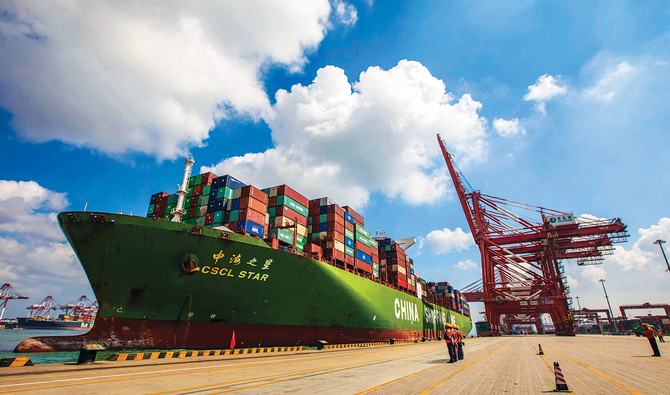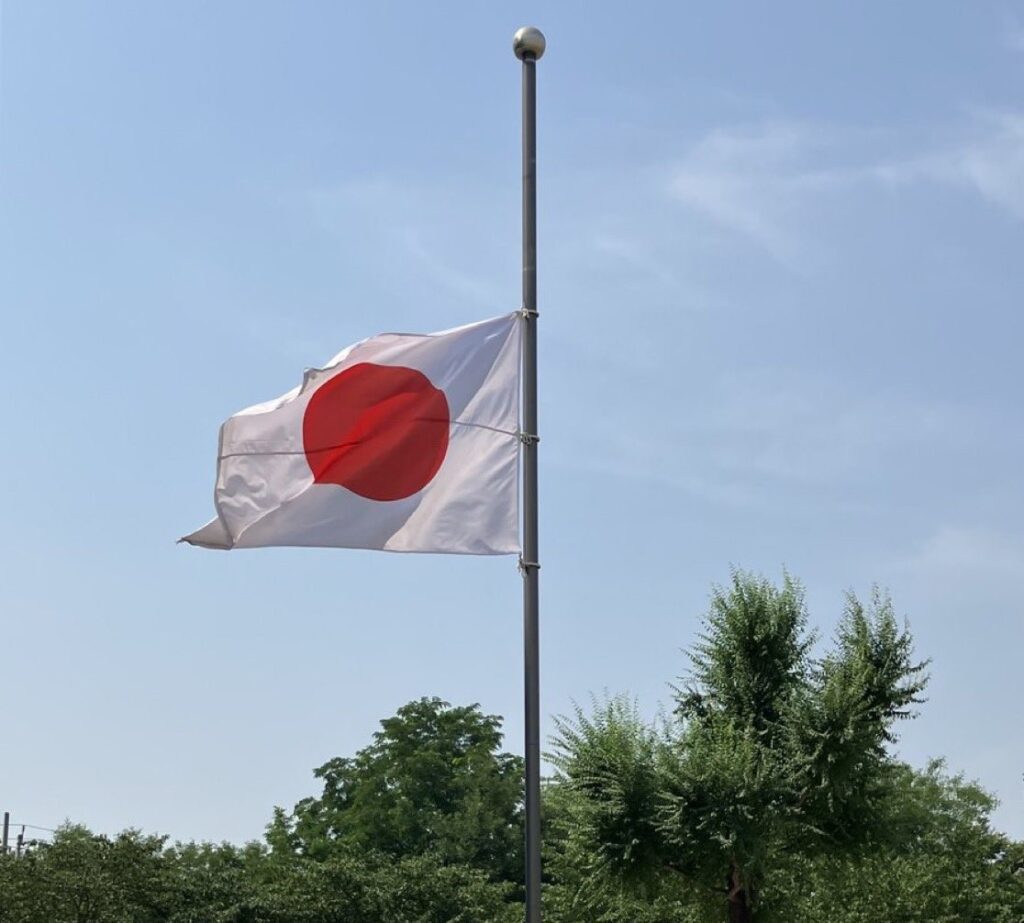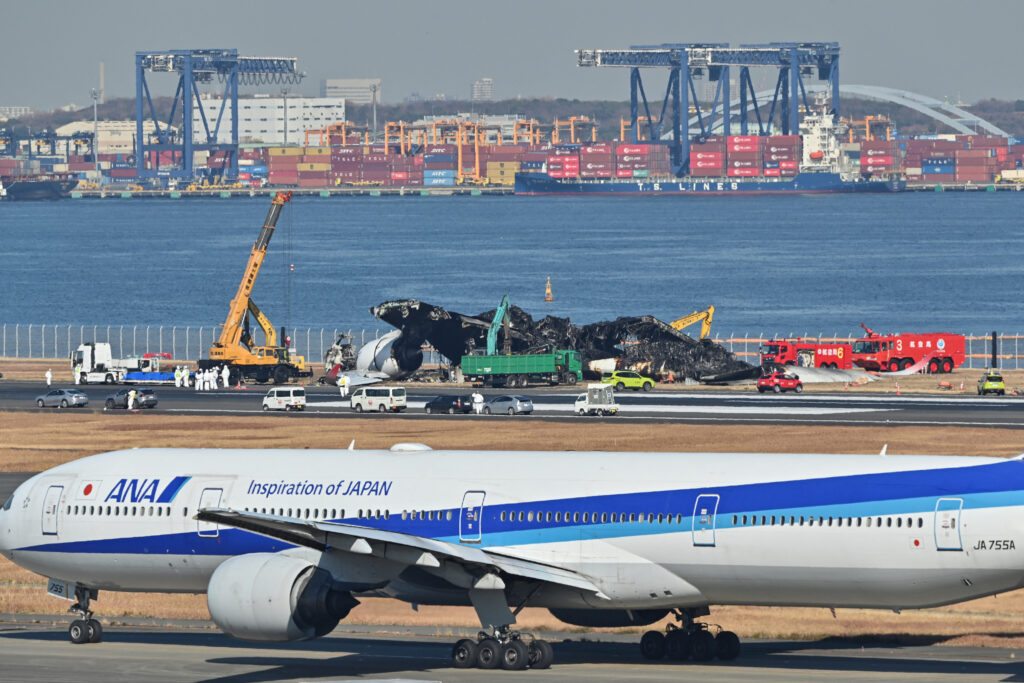SINGAPORE: Global demand for marine fuels is expected to fall by up to 17 percent due to the impact of the coronavirus pandemic on world trade, setting the stage for more consolidation among bunker suppliers, an industry executive told a conference on Wednesday.
Banks scaled back on their commodities trade finance after the coronavirus crisis led to defaults by some trading houses and exposed a series of frauds, leaving small and medium sized firms most exposed.
Unni Einemo, director of the International Bunker Industry Association (IBIA), told the virtual Platts APPEC 2020 conference that firms were contending with low demand, low margins, ample supplies, increased counter-party risk and constrained access to capital.
“Because of that we might expect further consolidation through mergers and acquisitions or attrition,” he said, adding that some firms could be forced to quit the market. “Global bunker demand is expected to decrease significantly in 2020, even if it had held up quite well (in April and May).”
IBIA’s members forecast a 7 to 17 percent drop in bunker fuel demand globally in 2020, she said.
Global marine fuel demand is estimated at about 300 million tons per annum, or about 5.2 million barrels per day (mbpd).
In its latest report released on Tuesday, the International Energy Agency said “fuel oil demand, which includes marine bunker as well as power generation and industrial uses, is forecast to decline by only 0.4 mbpd, or 6.3 percent in 2020.”
By comparison, premium transport fuels, which include jet fuel, diesel and gasoline, are forecast to have lost about 7.4 mbpd, or 11.6 percent, of demand in 2020, according to the IEA.
Most bunkering markets saw a big drop in June, with some seeing a “staggering” 30-40 percent year-on-year contraction, although Singapore has to be among the least affected markets, said Einemo.
Singapore, by far the world’s top bunkering hub, saw year-on-year growth in marine fuel sales every month this year with the exception of May and June, which contracted by just 2 percent each, official data showed.
Singapore’s resilience has a lot to do with it “having the widest variety of fuels on offer (and) it has become a preferred port because buyers are confident they are going to get the quality and quantity they are buying,” said Einemo.
But in other hubs such as in the United Arab Emirates’ Fujairah, bunkering demand plummeted as the spreading coronavirus slowed shipping activity.
Reuters






















